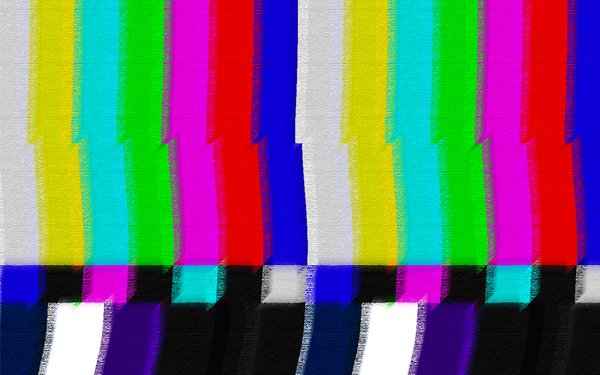
For decades the
news about potential TV blackouts in highly public struggles between pay TV providers and TV stations, cable networks and media platforms were used to sound alarm bells for consumers.
Where could
consumers turn -- and what would they do about it?
As it turns out, relatively nothing.
Programming hostages seem targeted to NFL games in particular -- and/or the start of the new
TV season.
But now those blackout situations and the threat they bring have become somewhat muted -- although not completely disappeared.
Widespread broadband and cellular phone
access -- including of course streaming platforms -- allows consumers to have alternatives. Apart from live sports, they are never really shut out.
But we have evolved now into a different
place.
advertisement
advertisement
Some politicians and social-media prognosticators recently have been complaining about what they felt was the NFL and NBCUniversal shutting out viewers from watching the Kansas City
Chiefs beating the Miami Dolphins in a wild-card playoff game that aired exclusively on Peacock.
A recent letter that Rep. Pat Ryan (D-NY) sent NFL Commissioner Roger Goodell and NBC Sports President Rick Cordella said that “millions
of loyal fans already pay for NBC. Let us watch the damn game!”
But do they pay specifically for NBC's streaming channel Peacock? No.
This outburst seems to model itself on the
same emotional tone when it comes to those TV station “blackouts” -- as if someone is taking away some of their entertainment "rights" or worse: Like taking away your home electricity or
gas.
Not sure that football is a right -- or any other programming, including news content. The latter is attached for many as a public service.
In reality, the Chiefs-Dolphins did not
rise to that level. First off, loyal and local residents in Kansas City and Miami were able to see those games via their over-the-air NBC station affiliates.
And for those other non-hometown
fans and general enthusiasts of all things NFL -- those fans could have paid $4.99 for a showing of the game on Peacock. That's a subscription for 30 days, when they can then easily cancel.
So
who was really hurt here?
For sure, legacy pay TV customers may still feel short-changed when they are spending $90 a month on cable, satellite, telco or virtual video programming
packages -- that they are not getting all of what they want, need and paid for.
They have a right to complain, as well as demand a rebate.
But going forward as they seemingly have much
more choice, flexibility and control over their entertainment -- including opting in and out of services -- what level of outrage over their entertainment situation is appropriate?